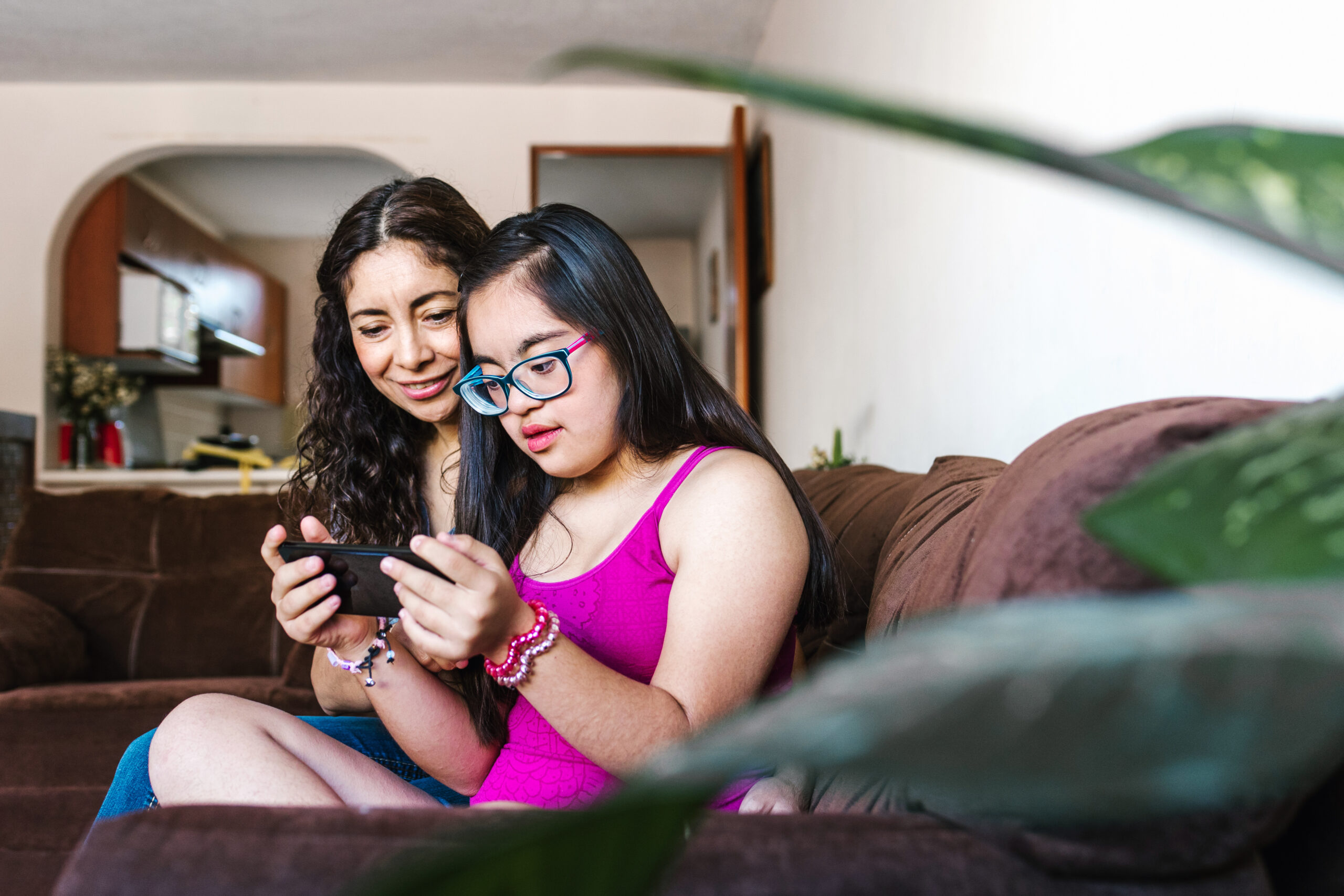“Our relationships are a source of healing and well-being, hiding in plain sight.”-US Surgeon General, Dr. Vivek Murthi
Loneliness hurts your teen more than smoking 15 cigarettes a day, according to a recent report from the U.S. Surgeon General. The 85-page report highlights the dangers of social disconnection in society, and statistics for teens and young adults are particularly disturbing:

- In recent decades — from 1976 to 2019 — loneliness in young adults (15–24 years) increased each year.
- Four in five young people experience loneliness, and they are almost twice as likely to report feeling lonely than those over 65.
- Teens from racial and ethnic minorities, LGBTQ+, low-income homes, rural areas and those experiencing domestic violence have a higher risk.
As a physician and mother of a teen, I witness firsthand the pressures involved as teens navigate adolescence. As they outgrow their jeans, mourn their favorite band’s breakup (why Blackpink, why?), and tackle geometry, teens must also master social connections.
Humans need daily positive human interaction just like we need vitamin C.
Well connected teens typically experience healthier, happier and more successful lives. As parents or other trusted adults in their lives, here’s how we can help them achieve this.
How lonely are American teens?
We live in humanity’s most digitally connected era. In fact, nearly all American teens have access to a digital device, and 97% of them access the internet daily. But internet connectivity doesn’t equate to meaningful human connection.
Research shows as teens use more social media, they participate less in real-life social interactions. Among those aged 15-24 years, time spent in person with friends has declined by 70% in the past 20 years.

How does loneliness affect well-being?
Compared to other social ills, loneliness seems deceptively innocent, but the research tells a disquieting story. Loneliness affects both our mental and physical health in significant ways.
Studies show that socially connected teens have higher self-esteem and experience less anxiety, depression, self-harm and suicide. Here are some of the ways social connection impacts our physical health:
- Loneliness may lead to more infections. In one study, people with few social connections were four times likelier to catch a common cold.
- Loneliness increases the risk of stroke and heart disease by about 30%, while social connections reduce high blood pressure risk by 36%.
- Social isolation can raise the risk of developing dementia by 50%.
- Social isolation increases the risk of an earlier death in general. One study found people with good social relationships were 50% less likely to die prematurely.

Is your teenager socially disconnected?
Social disconnection looks different from one teen to another, but here are a few signs that a teen may not have enough healthy social connections:
- Living alone
- Poor family ties
- Fewer than four friends
- Excessive screen time
- More than two hours on social media daily
- No volunteering or community participation
- Mostly virtual work, study and play environments
- Low participation in social activities like sports, church and events
How can you help your teen improve their social connections?
To help your teens expand and improve their social connections, we can offer support and encouragement and set healthy boundaries when needed. Here are some ideas:
- Model good social habits. Teens do what they see, not what we tell them. Make time to connect with your friends, family and community to inspire your teen.
3. Encourage social activities. Support your teen to go out and meet people. Where safe, encourage them to attend birthdays, picnics and other opportunities to hang out with friends.
5. Enforce screen time limits. Research shows 95% of teens use social media, and many are virtually glued to it. To address this, set reasonable limits around screen time — theirs and yours. Create technology-free zones and times.
7. Encourage them to develop hobbies. Hobbies help you meet people and enrich your life.
9. Support them to take casual jobs. In addition to developing good work habits and making a little extra cash, casual jobs often provide opportunities for new social interactions and connections with coworkers.
2. Talk to them about social connection. Discuss the benefits (including key points in this article). Ask them if and when they feel lonely and how they think they could address that.
4. Consider the right fit. Some teens are introverted, neurodiverse or have special needs. Don’t force your teen into stressful situations. Work with them to find suitable opportunities.
6. Consider getting them a pet. Studies suggest pets improve social interaction and happiness.
8. Encourage them to give and volunteer. Studies show supporting charitable causes improves health, happiness and lifespan.
10. Encourage them to join communities. Local sports, advocacy, faith, professional and art groups are a good start.
11. Consider getting professional help. If you feel your teen is struggling with a lack of social connection or loneliness, don’t hesitate to have them meet with a therapist. If you think they may be experiencing depression or thoughts of self-harm, check out these resources for mental health support. And remember, you can call a hotline such as 988 or Colorado Crisis Services (1-844-493-8255) to get advice about immediate support for your teen.
Dr. Nsisong “Cici” Bassey, MPH, FETP
Dr. Nsisong “Cici” Bassey, MPH, FETP, is a licensed physician and freelance health writer.



